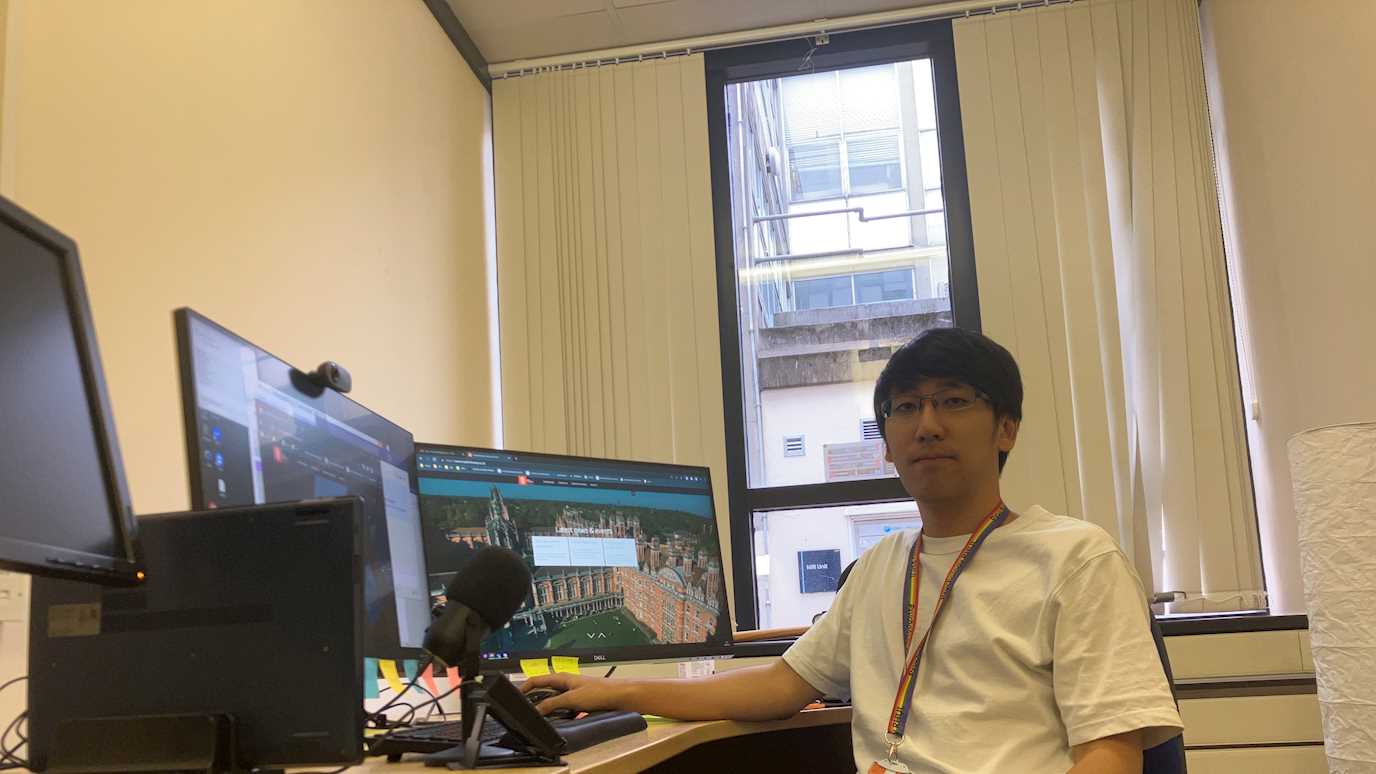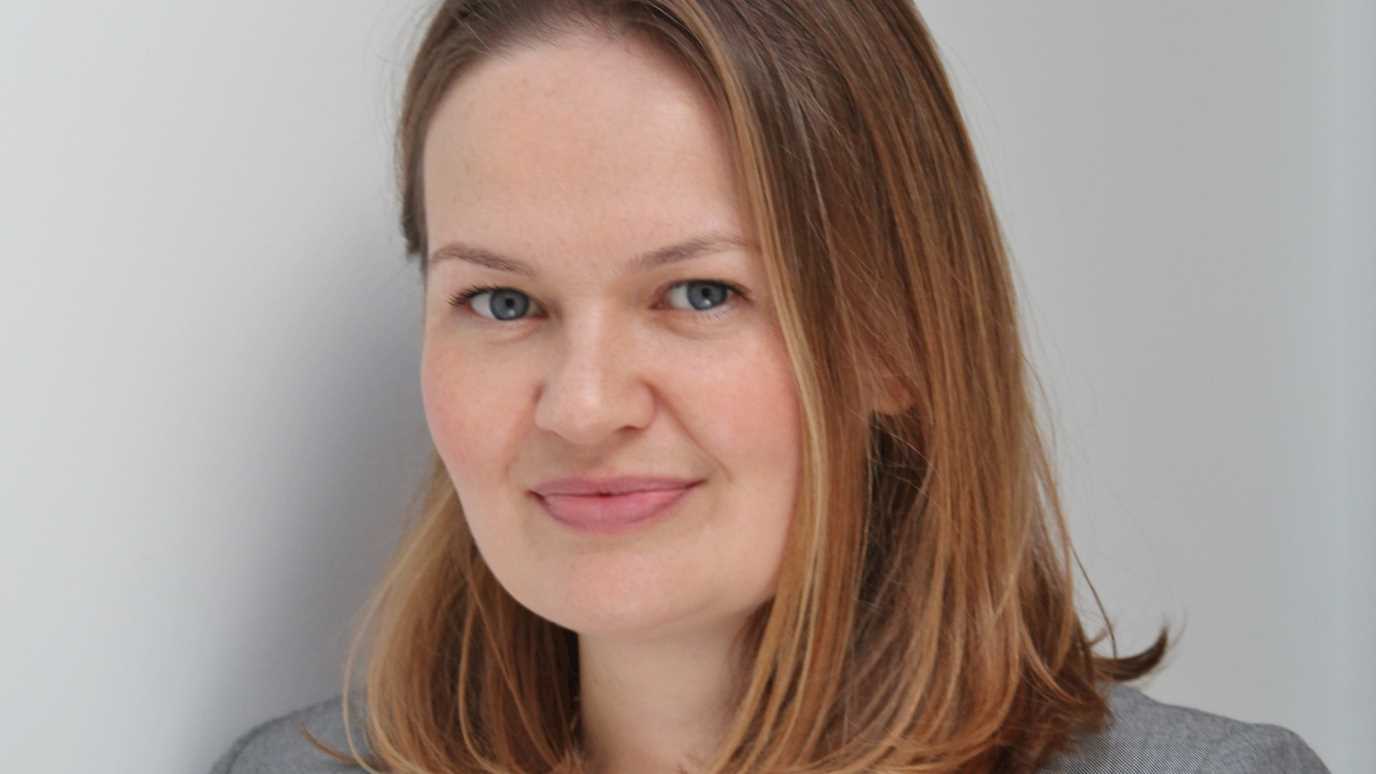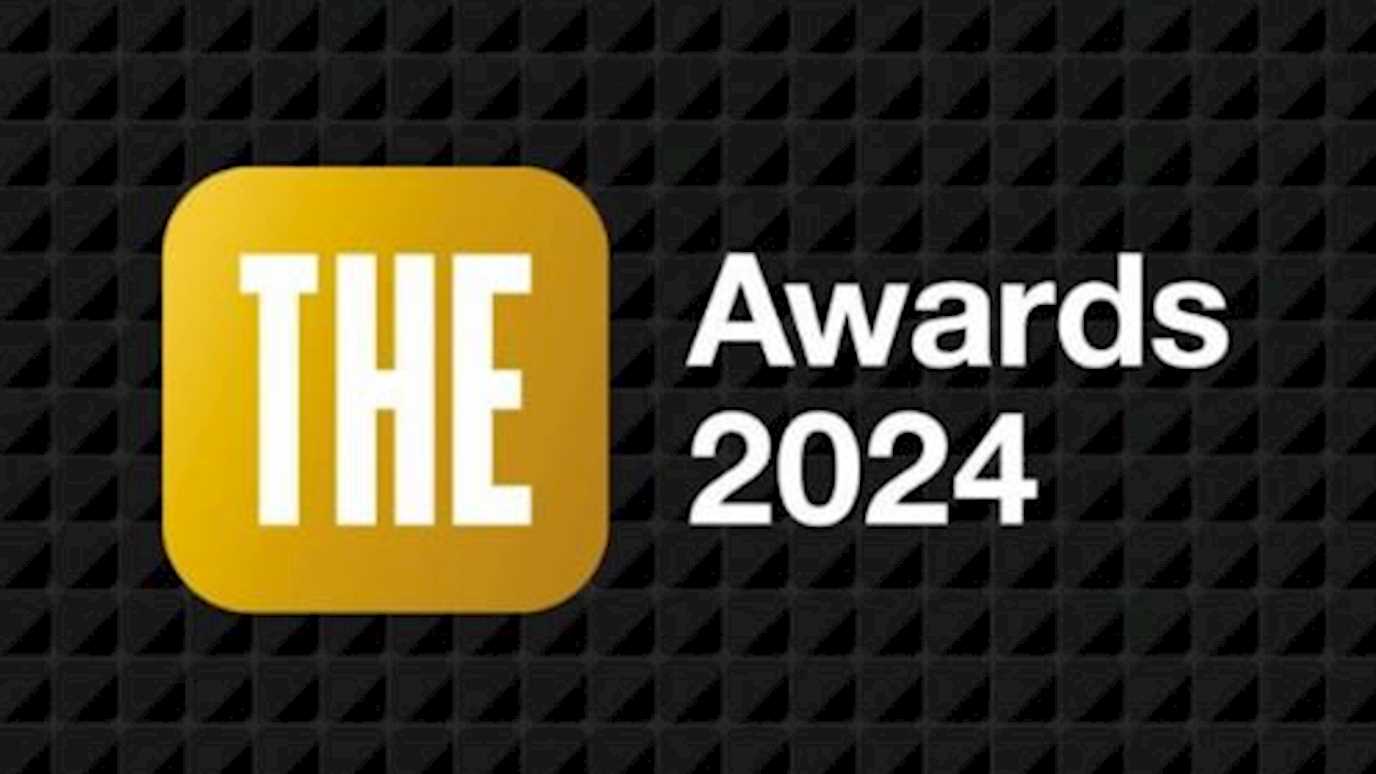A recent study by academics at Royal Holloway has found there is more to the simple leave vs remain ideology than first thought and revealed there are actually ten distinct ‘classes’, or ‘types’, of voters.

In the newly published study, How Many Ways to Say Goodbye? The Latent Class Structure and Psychological Correlates of European Union Sentiment in a Large Sample of UK Adults, academics from the university’s Department of Psychology, took a data-driven approach and identified different clusters of attitudes towards the European Union (EU).
Their research revealed the ten distinct classes of voters in a large adult sample of UK citizens (15,860 individuals) using data from the British Election Study.
The study found, in general, the classes with more individuals who wanted to leave the EU tended to be older, less educated and scored higher on measures of authoritarianism and conscientiousness, whilst classes with individuals who mostly wanted to remain were younger and more highly educated. They also scored more highly on the measures of actively open-minded thinking, openness, political trust, and external locus of control.
However, there were also notable demographic and psychological differences within the classes associated with leavers and remainers, such as those who generally supported the EU, but opposed the EU on specific issues such as immigration or sovereignty and those who are generally opposed to the EU, but value features such as its ability to minimize war.
Gary Lewis, senior lecturer in the Department of Psychology at Royal Holloway, said: “We wanted to see whether there were different ‘types’ of EU supporters or opposers and whether they could be distinguished on a range of demographic and psychological traits.
“Our findings tell us that viewing Brexit through a simple leave vs remain lens misses much of what people think about the EU, as well as the demographic and psychological characteristics that are related to these EU attitudes.
“If we want to gain a richer, more complete understanding of the reasons why the UK voted to leave, then we need to understand, not just what caused people to vote leave or remain, but understand the demographic and psychological factors associated with different clusters of attitudes towards the EU.
“A full consideration of these attitudinal nuances will be necessary to achieve a deeper understanding of why the UK decided to leave the EU.”
What are the classes?
- Class 1 - individuals who were moderately-to-strongly opposed to the EU across the majority of the items, although predominantly neutral on whether the EU has prevented war.
- Class 2 - individuals who were moderately-to-strongly opposed to the EU across the majority of the items, although they tended to believe that the EU had prevented war.
- Class 3 - individuals who were strongly opposed to the EU across all of the items.
- Class 4 - individuals moderately opposed to the EU across some of the items, but tended to respond with don’t know regarding whether the UK gets its fair share of EU spending, on whether the EU has prevented war, and with regards to their satisfaction on EU democracy.
- Class 5 - individuals who were moderately in favour of the EU across the majority of items, but tended to be neutral on whether the EU has created more red tape.
- Class 6 - individuals who were moderately in favour of the EU across some of the items, but tended to show dissatisfaction with EU democracy, tended to believe that the EU had created more red tape, and tended to believe that the UK parliament should be able to override EU law.
- Class 7 - individuals who were moderately-to-strongly in favour of the EU across all of the items, except on whether the UK received a fair share of EU spending where they were predominantly neutral.
- Class 8 - individuals who were moderately in favour of the EU, but tended to respond with don’t know regarding whether the UK gets its fair share of EU spending, whether the EU had created more red tape, and with regard to their satisfaction on EU democracy.
- Class 9 - individuals who were somewhat in favour of the EU, but who tended to sit on the fence for most items – e.g. whether the EU has prevented war, whether the EU has created more red tape, whether UK parliament should be able to override EU law, and whether the EU has undermined British identity. They also tended to respond with don’t know on whether the UK gets it fair share of UK spending.
- Class 10 - individuals who tended to respond with don’t know across all items.
* Seven items were used to assess attitudes to the EU (e.g. views on immigration, whether the EU is value for money). Some of the classes were made up of individuals who showed support (or opposition) to the EU across the majority of these items. Other classes were made up of individuals who showed more nuanced sentiments (i.e. opposed to the EU on some items, but supportive (or just indifferent) on others).
























